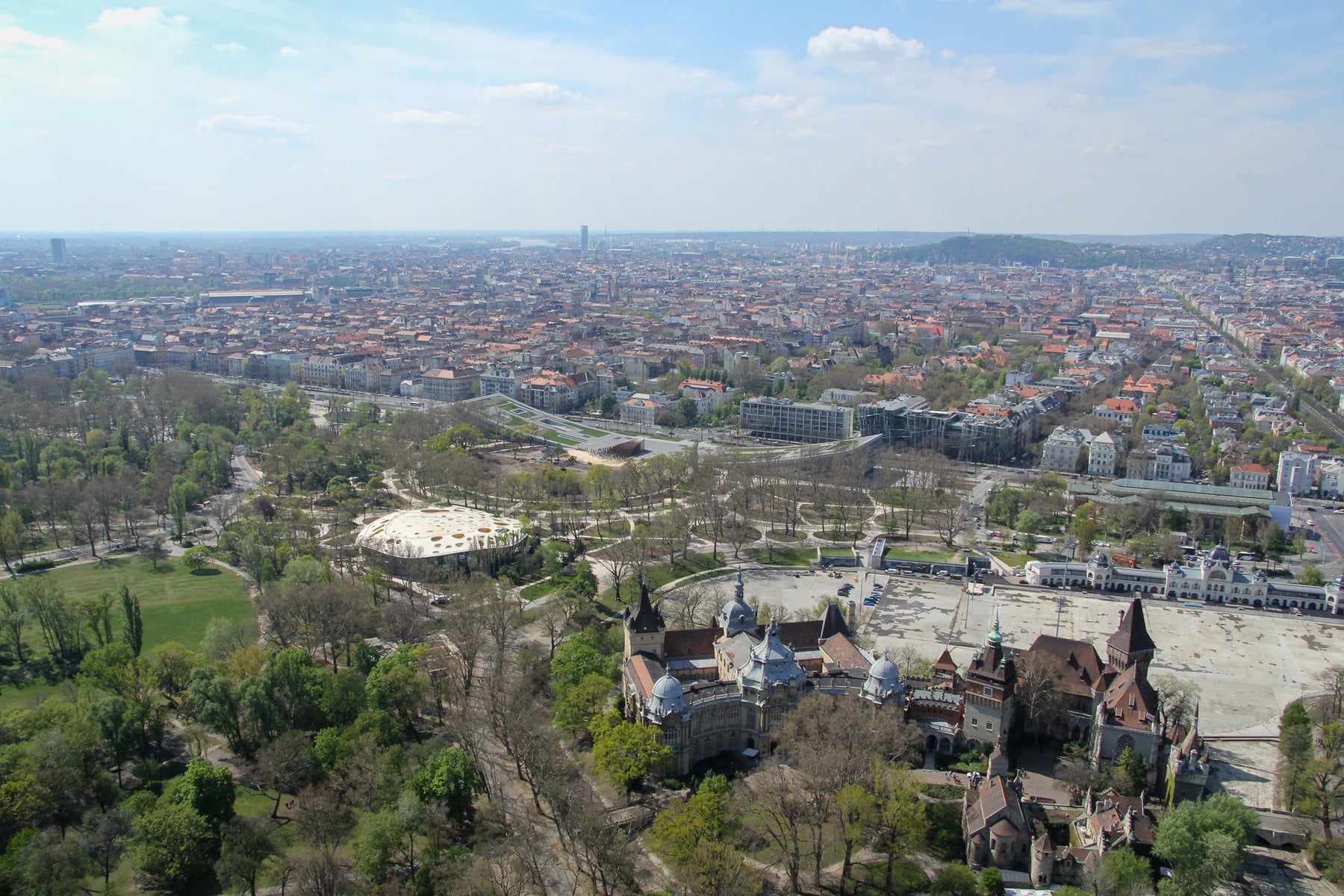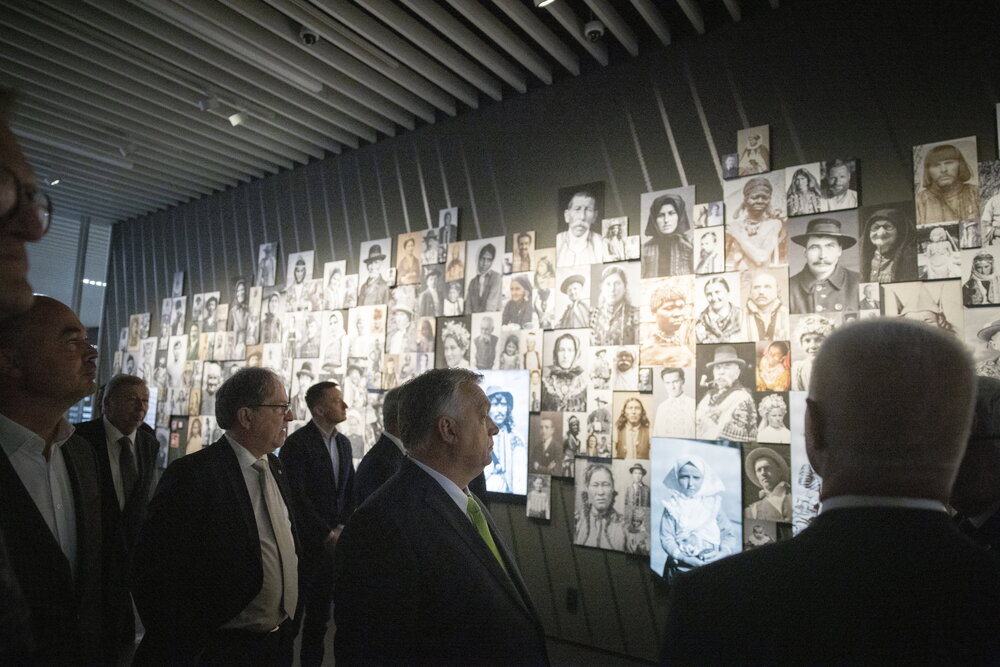Museum of Ethnography inaugurates new home in Budapest! – PHOTOS

Change language:
A new home for the Museum of Ethnography was inaugurated in Budapest’s City Park on Sunday. László Baán, the government commissioner for Liget Budapest, a project that aims to rehabilitate the City Park and transform it into a magnet for locals and visitors, praised the “genius” of the building’s architect, Marcel Ferencz, and thanked Prime Minister Viktor Orbán for his personal support. “It’s good to be Hungarian,” Prime Minister Viktor Orbán said at the inauguration of the new Museum of Ethnography building in Budapest’s City Park on Sunday.
The Museum of Ethnography now has a “world-class” new home, Baán added. Museum director Lajos Kemecsi said the 150-year-old institution was getting a home “tailored to its own needs” for the very first time. On Monday, the new building will open its doors to the public.
Orbán: ‘It’s good to be Hungarian’
Orbán noted that the government had decided, “in the midst of an uncertain and changing world”, to plough resources into culture, cultural spaces, museums and concert halls, the built environment and
“tidying up Budapest’s most beautiful park”.
“While everybody said it couldn’t be done, we have advanced, step by step, building by building, and on April 3, the Hungarian people confirmed that we did well…and think Europe’s biggest cultural investment should be brought to fruition,” he said.
“I believe we’ve been given a mandate to implement the full programme,” he added. The new building, Orbán said, aims to give the natural beauty of Hungarian folk culture a place to be revealed to its full extent.
“Our treasures have found a place that suits them,”
he added. He urged people to “find joy every day in being Hungarian” and said the new Museum of Ethnography building, “an outstanding example of Hungarian ingenuity and sense of beauty”, could support that endeavour.









